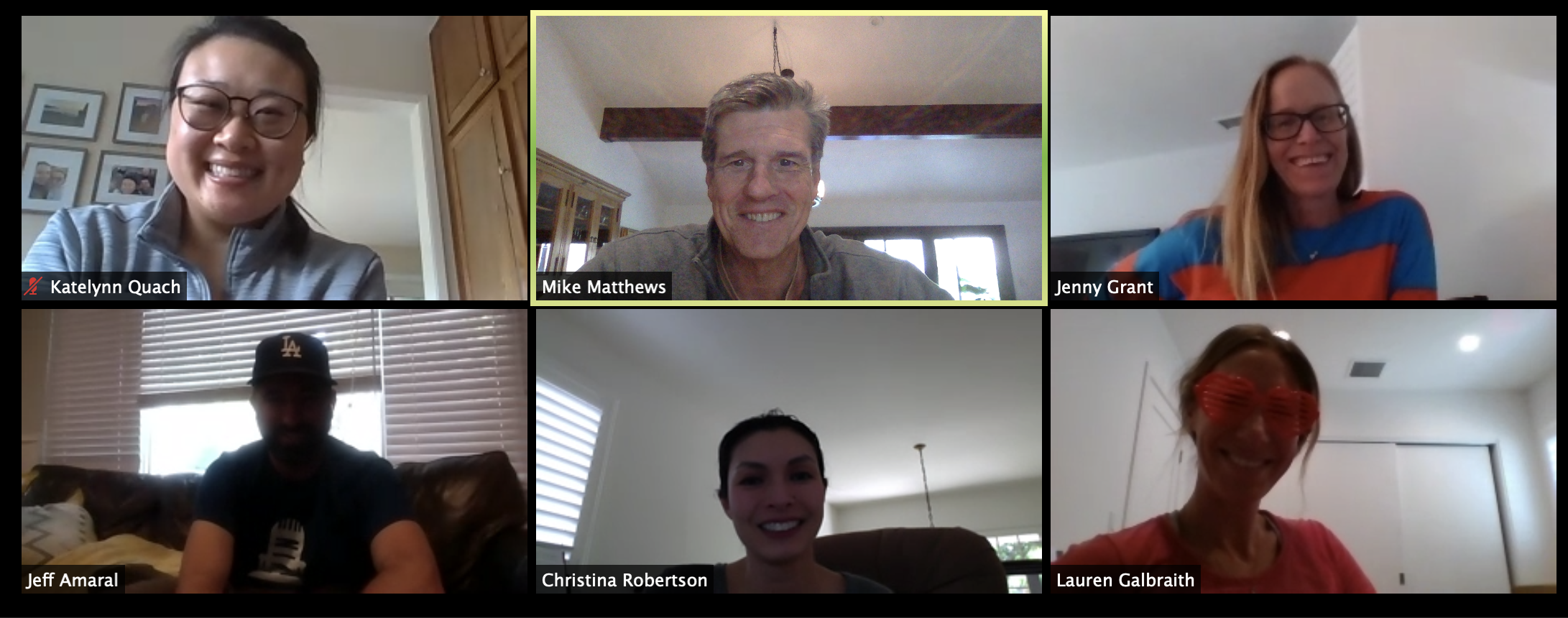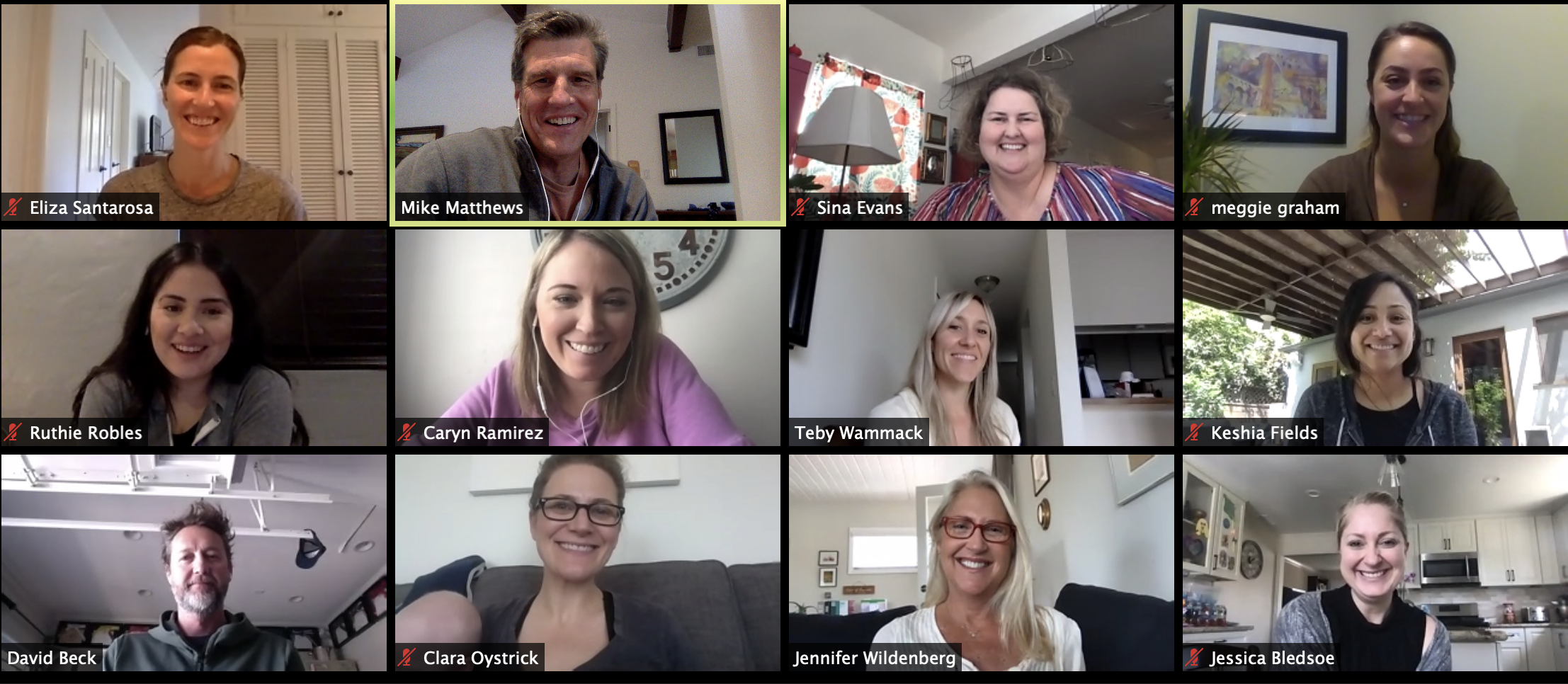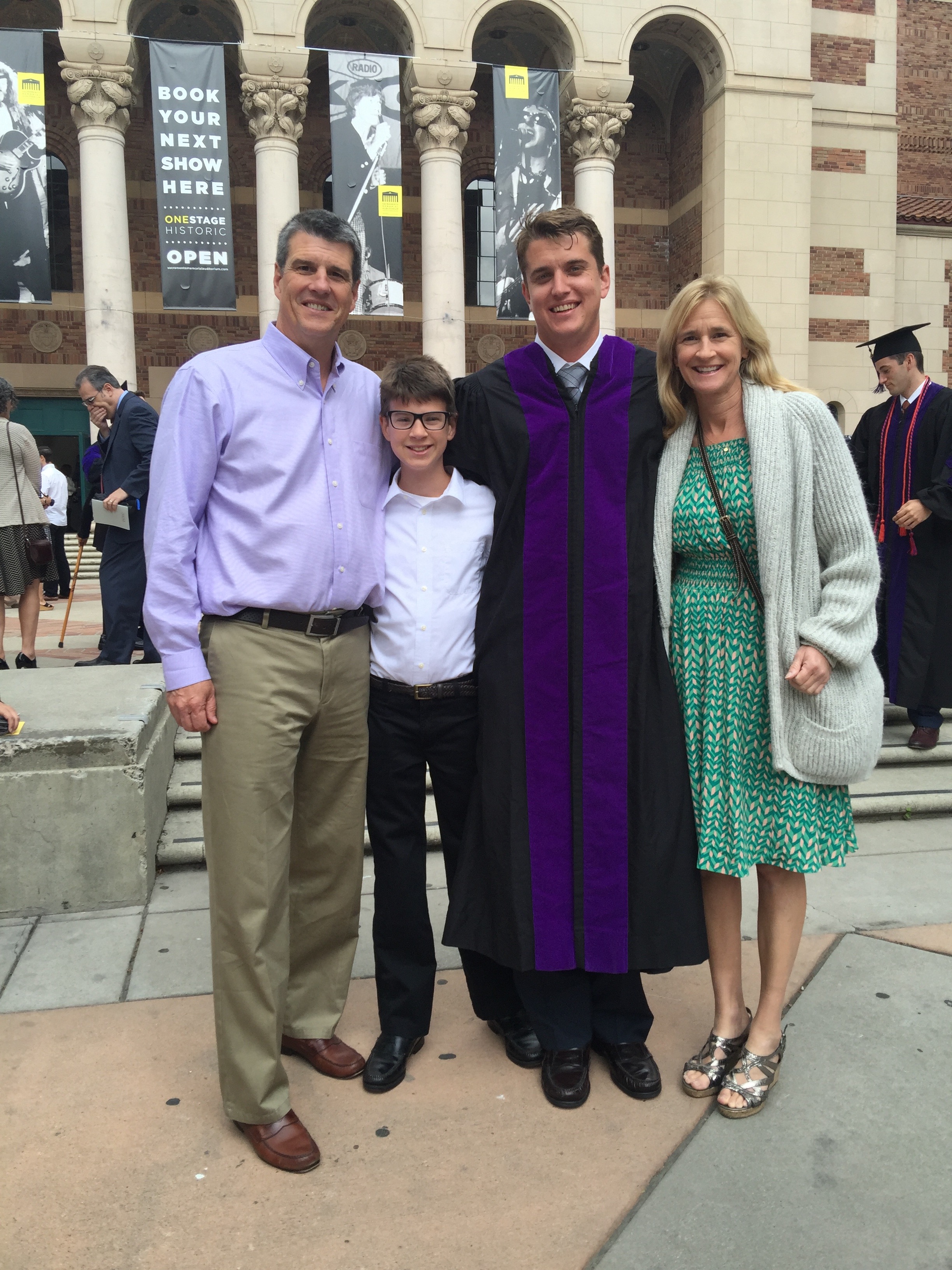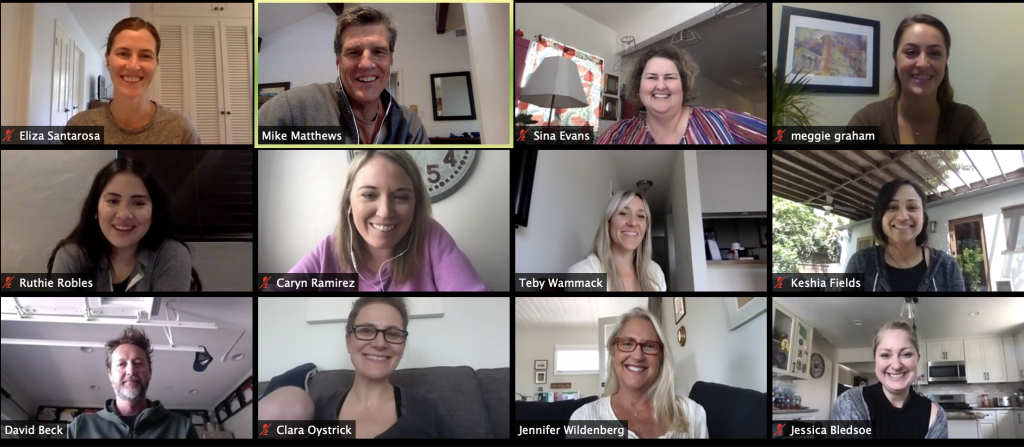April 7, 2020
I did not have any counselors in my high school. We had an English teacher, Mr. Bersey, who offered to help students in the college application process, but that was about it. Overnight, he went from being my sophomore year English teacher who taught me words like zephyr and zenith and who also gave me many days of Saturday school for my smart aleck comments, to the person I went to for advice when I had questions about college application process. It wasn’t much, but having someone who knew something, as opposed to relying only on the heavily dogeared college application books I was reading, was helpful.
With the exception of what seemed like 37 years in middle school, I led a pretty charmed life through high school and never had anything close to a need for counseling. My parents divorced immediately after I left for college, and the 2000 miles of distance spared me from having that pain in my face every day. My younger brothers and sister were not so fortunate. But life has a way of eventually bringing its share of pain to all of us. The longer you live and the more you listen, the more you know that. I’ve had my share of pain since my twenties, and counseling helped me get through the hardest times. Having someone to talk with, to listen objectively, to question and push, and to call me on the carpet on some of my thinking has helped me tremendously at key points in my life.
As a high school principal, I got to work closely with school counselors. I considered our counselors to be a vital part of my leadership team. In many cases, counselors know students better than anyone, and their insight is often essential to making high quality instruction possible. I spoke last week with the counseling teams that support the students at Mira Costa High School and Manhattan Beach Middle School. I am grateful for the time they shared with me and loved being able to spend an hour with each team, hearing about how they are transitioning to “distance counseling.” I continue to love how Zoom connects us during this crazy time. I have spoken with our counselors many times, but seeing them working from their homes, talking with the group while also attending to the needs of their sometimes very young children, and balancing work and life in this new environment made me feel even more connected with this team of very caring people. All of us smiled when we heard that one of our counselors just witnessed her oldest son take his first steps.

The MBMS Counseling Team

The Mira Costa HS Counseling Team
What a critical thing it is to have people in an organization who are solely devoted to helping students make good decisions and helping them get through difficult times. I wanted to speak with our counselors to learn how they are able to do this without the in-person connections and day to day interactions of regular school.
One of their top priorities has been supporting students who were already in crisis while they were in school prior to March 13, our last day of normal school. Stress and anxiety are real in our high-pressure community. Expectations are high. Some students seemingly thrive on that, but it can be too much for others. It’s often hidden, but many of our students, and students across the country, are in a lot of pain. It made the cover of Time Magazine a few years ago. All of our counselors see students who are in crisis, and this move to distance learning creates an even less connected world that could be even tougher on students. Our counselors recognize this, and when we moved to our distance learning model they immediately began reaching out to these students to try to maintain the connections they have already built and to provide a familiar touchpoint for students who need one. Their conversations are often about school, but they are more about emotions, mindsets, and the tools that students can use to process and cope with self-doubts and sometimes giant challenges in their lives. It is reassuring and comforting to know that our counselors are taking the initiative and maintaining relationships with students during this COVID-19 time.
Our College and Career Counselors have been busy as well. Mira Costa seniors have heard from colleges and are making decisions on where to attend, without the ability to visit their prospective colleges, on where to attend. Counselors have been having telephone or Zoom meetings with the families of our junior students, who are starting the college application process now. It is a crazy time for them, too. Our college and career counselors recently sent out the April edition of the CCC Newsletter as another way of keeping our students and families informed. My son Dawson is a junior. He took the SAT back in January, and now we are not even sure if schools will be accepting SATs. I’m not certain my older son Ryan would have gotten into any competitive university without his SATs. He was not a big believer in turning in homework, and his GPA reflected a stubborn adherence to that lack of belief. But he was born to take tests, and that helped him. As he still tells me regularly when we reflect on those high school days, “It all worked out, didn’t it Dad?”

Our family celebrating Ryan’s law school graduation. Yes, Ryan, it all worked out!
It worked out for Ryan, but for Dawson, and for all of our juniors, the college application process has never been more uncertain. Our counselors are trying to guide students and families, meeting with them and their families through Zoom to help them navigate a process that none of us yet understands and that is changing as we go. To me, the main point we need to remember is the point that Frank Bruni repeatedly makes in Where You Go Is Not Who You’ll Be. Successful people are not successful because of the college they attended. It’s about their desire to learn, to improve, to take chances, and to work hard through all of it. Bruni writes, “What drives earnings isn’t the luster of the diploma but the type of person in possession of it…A good student can get a good education just about anywhere, and a student who’s not that serious about learning isn’t going to get much benefit.” Channeling Frank Bruni to all of our high school students, our middle school students, and parents – it’s going to be OK.
Our counselors reminded me that life goes on even in this time of social distancing, and that sometimes brings hardship and pain. As they learn about new and sometimes very heavy circumstances that our students are facing, our counselors are reaching out to support them as well. One of our students just learned that his mother has cancer. Other students have witnessed a parent or grandparent go through COVID-19. We have students whose parents are on the front lines in the medical profession, risking their health every day. Financial stresses are straining our families. The health, the emotions, and the lives of the ones we love matter more than anything. Having a trusted adult to talk with outside of the small circle of people with whom we are sheltering in place is sometimes critical to being able to get through difficult situations. Our counselors are working to provide this for students as they go through these real challenges, and I know that it helps.
I’m also grateful that our counselors are not alone in this work. We have so many teachers, instructional assistants, school staff, and administrators who have connections with our students, who love and care for them, and who are still connecting and listening. I know that these trusted adults are providing important and much-needed support, sometimes explicitly and sometimes just by letting students know they are still here. I have often said that teaching is not solely based on traditional content and that the best teaching happens when teachers focus on growth – and not just on academic growth but also on students’ growth as people. My wife used to be an AP Calculus teacher, and now she’s a 5th grade teacher. She talks about how people ask her, “What do you teach?” and for many years her answer was, “Math!” Now when people ask, “What do you teach?” she says, “It’s not a ‘what,’ it’s a ‘who’….I teach 30 individual students.” Meeting each student where they are, knowing what makes them tick, and helping them to grow into the people they will become is way more important than making sure that they remember every single fact and figure that we teach. As Paul Simon sang, “When I think back on all that crap I learned in high school. It’s a wonder I can think at all.” I’m a big fan of the idea that as many adults in the school as possible should teach students to think, to be creative, and to solve problems (that is not the crap that Paul Simon was talking about), help students to grow into good and caring human beings, and support students so that they know without a doubt that adults in their school care about their success a person.
Thank you to our counselors for caring for our students, particularly in this time of social distancing. Thank you to everyone in our schools who is reaching out to do the same. And let’s all remind ourselves that we are in the midst of a brutal time, and that kindness and love are more important than ever.

What a thoughtful reflection on the invaluable work our counselors do. And now they’re trying to do it virtually, which takes away a bit from that personal touch. Hats off to them for making a difference for our kids, particularly for those students seeking guidance.